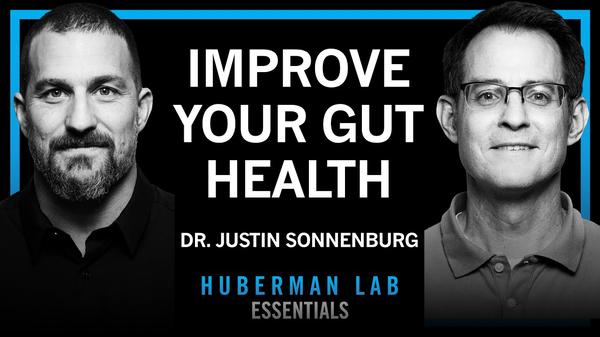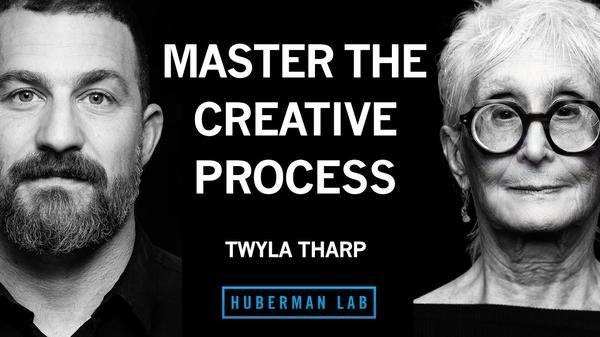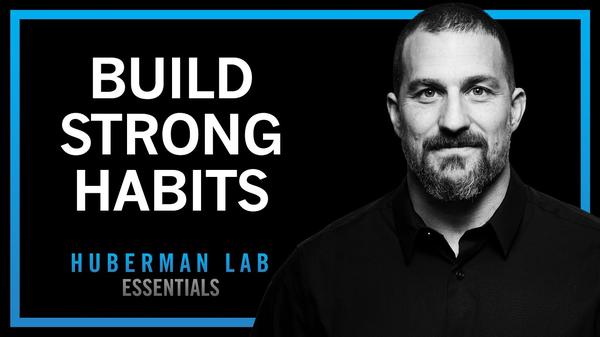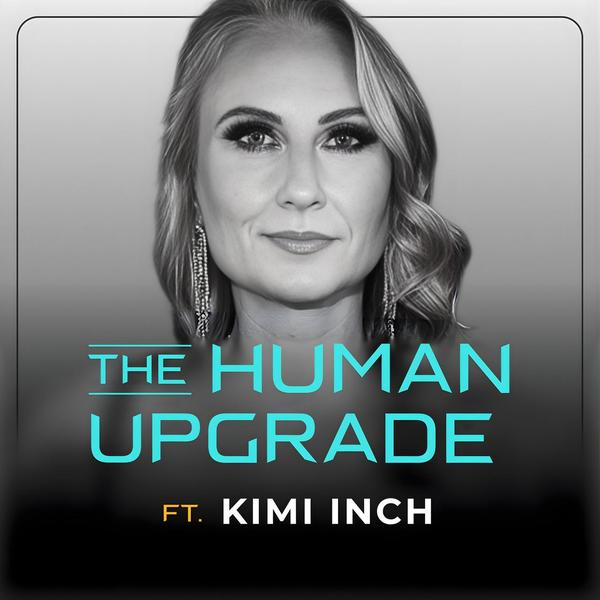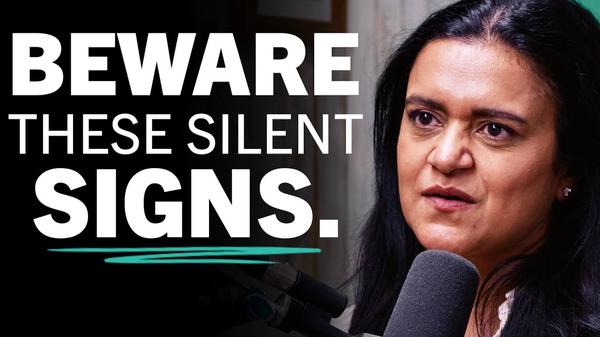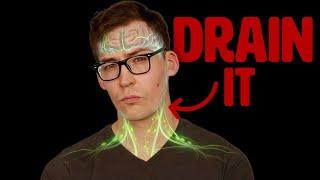
How to Heal From Post-Traumatic Stress Disorder (PTSD) | Dr. Victor Carrión
Andrew Huberman
Sep 23, 2024
Mindsip insights from this episode:
Recognize neutral cues that trigger trauma responses
The cues that trigger a traumatic response are often neutral sensory inputs, like a specific color or the sound of rain, that were present during the original event.
Manage evening cortisol to improve sleep in PTSD children
Children with PTSD often have elevated cortisol levels before bedtime, which can disrupt sleep and may be neurotoxic to key brain areas like the hippocampus over time.
Differentiate PTSD from ADHD through hyperactivity patterns
Hyperactivity in children with ADHD is often persistent, whereas the hyperarousability from PTSD is typically an 'on and off' phenomenon triggered by specific cues.
Confront trauma to prevent PTSD complications
Pretending a traumatic event did not happen or that treatment is not necessary is the primary way that PTSD becomes more complicated and harder to treat.
Reframe PTSD as post traumatic stress injury for better understanding
PTSD can be reframed as a 'Post Traumatic Stress Injury' (PTSI), viewing it as a dysregulation of the autonomic nervous system rather than a permanent disorder.
Utilize mini-brains to investigate trauma and resilience genes
Scientists are using lab-grown 'mini-brains' (organoids) to study how trauma-mimicking levels of cortisol impact neurons, helping identify genes related to resilience.
Incorporate yoga to boost children's sleep by 73 minutes
A school-based yoga and mindfulness program was found to increase children's sleep by an average of 73 minutes per night.
Deconstruct stress response using four-corner system
A stress response can be deconstructed using a four-corner system: what you're thinking (cognitive), feeling (emotional), feeling (physical), and doing (action).
Practice positive thinking like mastering a musical instrument
Negative thoughts are automatic for survival, so positive thoughts must be deliberately practiced, much like learning a musical instrument, to become strong.
More from
Andrew Huberman
You also might be interested in
The Hidden Damage That Happens "Behind-The-Scenes" In The Adult Entertainment Industry, With Former Adult Actress Felicity Feline
The Science of Erotic Altered States | Biohacking Sex
Neuroscientist: If You’re Feeling THIS, You’ve Lost Touch With Your True Self
Neuroscientist: If You Feel THIS, You're Living the Wrong Life (Unlock The One You're Meant For)
Drain your Brain, Protect it from Alzheimer’s Disease





